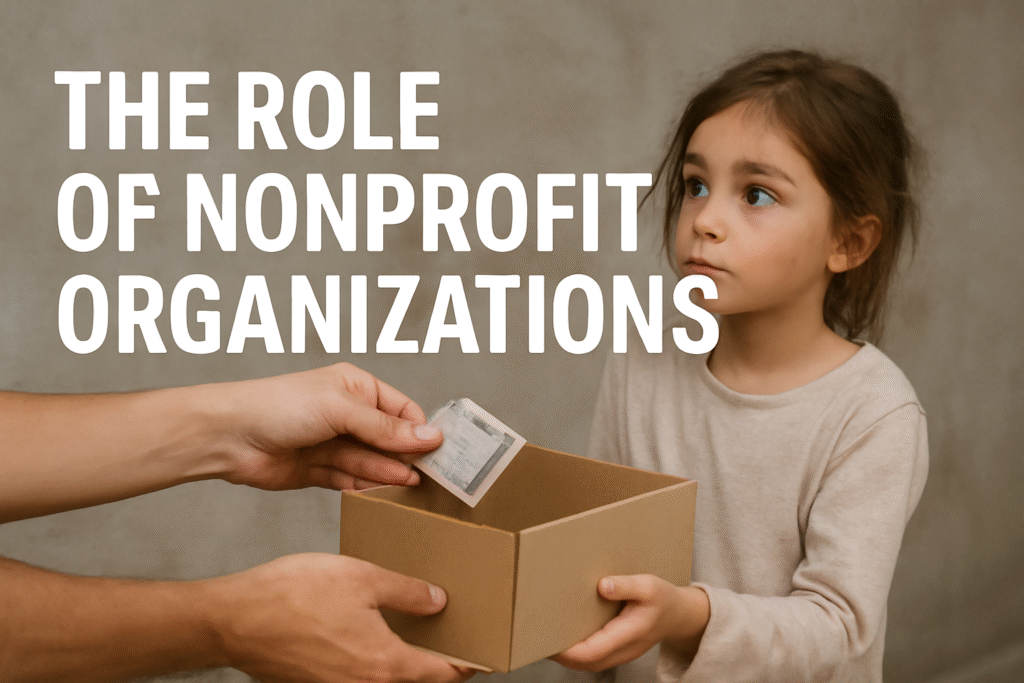Donate to Support Children in Need: A Heartfelt Call for Change
In a world where many live in comfort, there are still countless children who face hardships unimaginable to most. These young lives are marked by struggles such as hunger, illness, lack of education, and even violence. Despite global progress, millions of children worldwide are still suffering in ways that we can hardly comprehend. In this context, the importance of donating to support children in need becomes not only an act of charity but also a moral responsibility for all of us.
The Current Situation: A Global Crisis
Globally, over 385 million children are living in extreme poverty, with many experiencing dire conditions like malnutrition, poor sanitation, and inadequate access to education. According to the United Nations, child poverty is one of the most pressing issues that needs immediate attention. Children are among the most vulnerable in society, and their well-being determines the future of entire nations. Sadly, their suffering is often invisible or overlooked.
In countries ravaged by conflict or natural disasters, children bear the heaviest burden. Their homes are destroyed, and their schools are shut down. They often face the heartbreaking loss of parents, and in the worst cases, they become victims of child trafficking, forced labor, or exploitation.
The needs are urgent, but so are the solutions. As individuals, we can make a difference by taking action, and one of the most impactful ways to do so is by donate to support children in need.
The Power of Donations: Changing Lives
Donating to children’s causes has the potential to create lasting change. Even small contributions can have an enormous impact when combined with those of others. Through donations, funds can be allocated for emergency relief, healthcare, education, and nutrition programs aimed at improving children’s quality of life.
Why Donations Matter
- Health and Nutrition: In many parts of the world, malnutrition is a leading cause of death among children. With your donations, organizations can provide life-saving nutrients and medical assistance, ensuring that children grow up healthy and strong.
- Access to Education: Education is the key to breaking the cycle of poverty. Donations help build schools, provide scholarships, and ensure that children in disadvantaged areas have access to a quality education that will equip them for a brighter future.
- Protection from Abuse and Exploitation: Donations help fund programs that offer protection to vulnerable children. These programs can help prevent child trafficking, abuse, and exploitation, giving children a safer environment in which they can grow and thrive.
- Emergency Relief in Crisis Situations: During times of war or natural disasters, children are often the most affected. Donations can help provide essential supplies such as food, clean water, and shelter to children who have lost everything.
- Sustainability and Long-Term Development: Many donation-based programs focus not just on immediate relief but on long-term development. This includes building sustainable systems that can help children and their communities become self-sufficient.
Read Also: Empowering Orphans in Gaza: The Power of Education and HopeHow You Can Make a Difference
You don’t need to be a millionaire to make an impact. Here are a few simple ways that you can contribute to the well-being of children in need:
- Financial Donations: One of the most direct ways to help is through monetary donations. Many charitable organizations and foundations offer the option to donate online or via bank transfer. These funds are then directed to the most pressing needs.
- Donate Goods or Supplies: If you prefer, you can donate essential goods like clothes, books, toys, or medical supplies. These donations are often greatly appreciated and are directly distributed to those in need.
- Raise Awareness: By sharing information on social media and talking to others about the importance of supporting children, you can raise awareness and encourage more people to get involved.
- Volunteering: If you have the time and resources, volunteering with organizations that work directly with children can be one of the most rewarding ways to make a difference.
- Fundraising: Organize a fundraising event in your community, at school, or in your workplace. Every dollar raised can help provide essential services to children in need.
The Role of Nonprofit Organizations
Nonprofit organizations play an essential role in supporting children. They are often the bridge between those who want to help and the children who need it. Many of these organizations have extensive networks on the ground in areas of conflict or poverty, allowing them to provide the most effective and direct aid.

Some renowned organizations include:
- UNICEF: The United Nations Children’s Fund works in over 190 countries to protect the rights of children and ensure their well-being.
- Save the Children: This global organization focuses on providing emergency assistance, education, and health care to children in need.
- World Vision: This Christian humanitarian organization works in almost 100 countries, helping children and families overcome poverty and injustice.
- ChildFund International: This organization works in nearly 30 countries to support children’s health, education, and safety.
The Psychological Impact of Supporting Children in Need
While donating money or time to support children may seem like a purely altruistic action, it has psychological benefits as well. The act of giving—especially when directed towards a meaningful cause—can help improve your own mental well-being. Studies show that helping others triggers the release of dopamine and oxytocin, hormones associated with happiness and bonding.
Moreover, helping children in need can give us a sense of purpose. It reminds us that we are part of something bigger, and that through small actions, we can create significant change. For many donors, knowing that their contribution has made a positive difference in a child’s life provides a sense of fulfillment and satisfaction.
How Donations Empower Communities
While individual donations are incredibly valuable, there is power in collective action. When communities come together to support children, they create a ripple effect. As children’s basic needs are met, they are able to contribute positively to society, breaking the cycle of poverty.
Education, health, and safety empower children to pursue their dreams and achieve their full potential. And when children succeed, their communities thrive as well, leading to economic growth, improved public health, and social stability.
The Road Ahead: The Need for Ongoing Support
Despite the tremendous efforts of organizations and individuals to support children in need, the road ahead is long. Many children still face daily struggles, and the challenges they face continue to grow in complexity. To ensure a better future for children worldwide, sustained and continuous support is necessary.
This support must come from both individuals and governments. Policymakers must recognize the importance of investing in children’s well-being as a priority for national development. At the same time, individual contributions remain a vital source of immediate relief and long-term progress.
Conclusion
The reality is that donating to support children in need is not just about offering money—it’s about offering hope, safety, and a chance at a better life. Every donation, no matter how small, contributes to a greater cause, helping to transform the lives of countless children who are suffering around the world. It is a responsibility that each of us can take part in, ensuring that the next generation grows up healthy, educated, and safe. Through collective action and generosity, we can make a world of difference.
FAQ’s: Donate to support children in need
Why is donating to children’s causes so important?
Donating to children’s causes is crucial because it helps provide essential resources like food, education, healthcare, and protection to children in need. By contributing, we ensure that children can grow up in a safer and healthier environment, giving them a better chance to succeed and break the cycle of poverty.
What are the key areas where donations can help children in need?
Donations can help children in need in several key areas, including:
- Health and nutrition: Providing food, clean water, and medical care.
- Education: Offering access to schooling, scholarships, and learning materials.
- Protection: Safeguarding children from abuse, exploitation, and trafficking.
- Emergency relief: Offering aid during crises like natural disasters or conflicts.
Name two nonprofit organizations that focus on supporting children globally.
Two nonprofit organizations that focus on supporting children globally are:
- UNICEF: Works to protect children’s rights and provide healthcare, education, and emergency assistance worldwide.
- Save the Children: Focuses on improving children’s lives through education, health care, and protecting them from harm in over 100 countries.
How can volunteering help children in need?
Volunteering helps children in need by allowing individuals to directly contribute their time and skills to educational programs, healthcare initiatives, and emergency relief efforts. Volunteers can also act as mentors, provide emotional support, and help organize community events that benefit children.
What psychological benefits can come from donating to help children?
Donating to help children can lead to positive psychological benefits such as increased feelings of happiness, fulfillment, and purpose. Giving to others triggers the release of dopamine and oxytocin, hormones associated with joy, bonding, and emotional well-being. It can also provide a sense of accomplishment, knowing that your contribution has helped improve the lives of vulnerable children.





